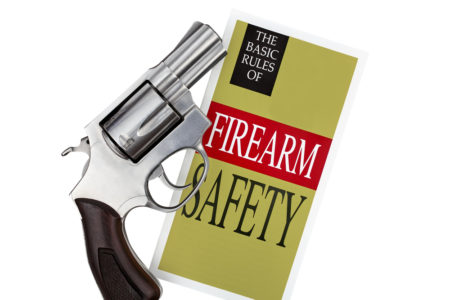The “Industry Lobby” Fallacy

In the ongoing culture war over the right to keep and bear arms, we often hear accusations of astroturfing and complaints over the pervasive power of lobbyists in Washington. Using insults and slander to deflect legitimate criticism, anti-gunners like to accuse activists on our side of being bought and paid for by the firearm industry itself. We often hear cries that the industry is inherently evil, placing profits over safety, and that anyone advocating for the Second Amendment must therefore be a heartless monster motivated by greed. In reality, nothing could be further from the truth.
Everyone likes an underdog, so it’s only natural that members of the civilian disarmament complex would want to portray themselves as scrappy underdogs. It’s a hilarious irony that a group of people whose acknowledged goal is to restrict other people’s rights feels themselves to be freedom fighters rising up against the tyranny of… freedom-loving civil libertarians who just want to be left alone? Yeah right. A big part of their messaging is the “industry lobby” fallacy, a theory which suggests that pro-2A politicians and the hated NRA are all in the pocket of the firearm industry, which supposedly benefits from sales driven by mass paranoia. To support this theory, anti-gunners point to waves of panic buying during periods of civil unrest and political uncertainty and accuse the pro-2A side of wanting to stoke more of the same just to make more money. What makes the “industry lobby” theory fallacious is that not only is it easily disprovable, but that even if it were true, it would still make no sense. In other words, it’s false in multiple independent ways.
A widely promulgated figure from the openly anti-gun Violence Policy Center states that from 2005 to 2010, the National Rifle Association received between $14.7 million and $38.9 million in donations from firearm manufacturers. Whenever it is used, this figure is meant to be some kind of shocking statistic “proving” that the NRA is a front for the industry. For some context, though, the organization took in nearly $1.4 billion during that period; those supposedly enormous industry donations made up between 1% and at most 2.8% of its total revenue. Largely free from the anti-gunners’ consternation is the actual firearm industry lobbying group, the National Shooting Sports Foundation (NSSF), which exists to represent the manufacturers and further their interests. Despite being exactly what they’ve built up the NRA to be, however, anti-gunners obviously pay less attention to the NSSF because it is less well-known by the general public and therefore a less appealing target.
With that in mind, then, is the NSSF the real bloodthirsty monster we should fear? Again, no. They are well known in the industry for their efforts to promote safe gun ownership and responsible business practices by dealers. The NSSF has supported legislation intended to make the National Instant Criminal Background Check System (NICS) more reliable; they correctly argue that background checks are pointless if they result in false positives and false negatives. As part of its other safety efforts, the NSSF provides free educational materials in print and online form to help gun owners establish safe habits in the use, transportation, and storage of their firearms. Of particular note is Project ChildSafe, a program that partners with businesses and law enforcement agencies to distribute cable locks completely free of charge to anyone who wants one.
A cynical mind recognizes that the industry pays for these safety efforts through the NSSF in the interest of self-preservation in addition to genuine altruism. Contrary to the “industry lobby” fallacy, fear-based buying is not indefinitely sustainable and the manufacturers and dealers do feel threatened by gun control efforts. The most efficient way to protect their bottom line is to reduce the risk of further regulation, and the only effective way to do that is to use some of their resources for gun violence prevention. It is fundamentally not in any industry’s interest to allow itself to be universally loathed by the population of potential customers and politicians who have the power to regulate the market.
Of course, the “industry lobby” fallacy is only one of many that we often hear from the civilian disarmament complex. As always, I insist that most people who call themselves anti-gun are simply uninformed, and that more education on the issue is always a good thing. The next time you hear someone complain about the evil “industry lobby,” hopefully this blog post—though admittedly limited—will go a long way to dispel that myth.
